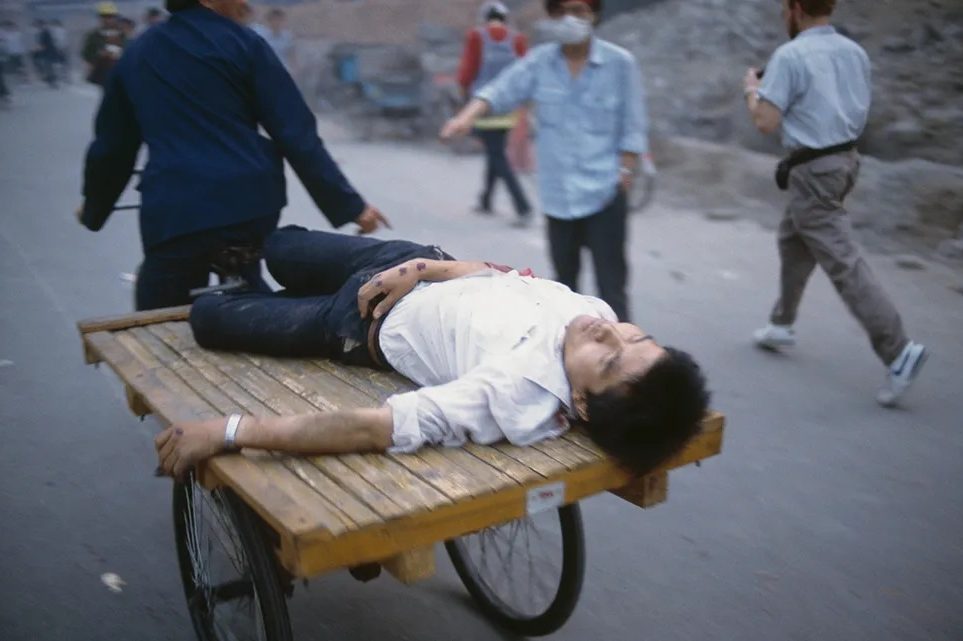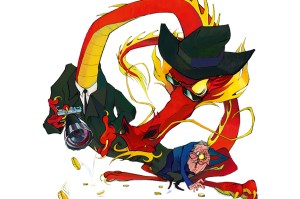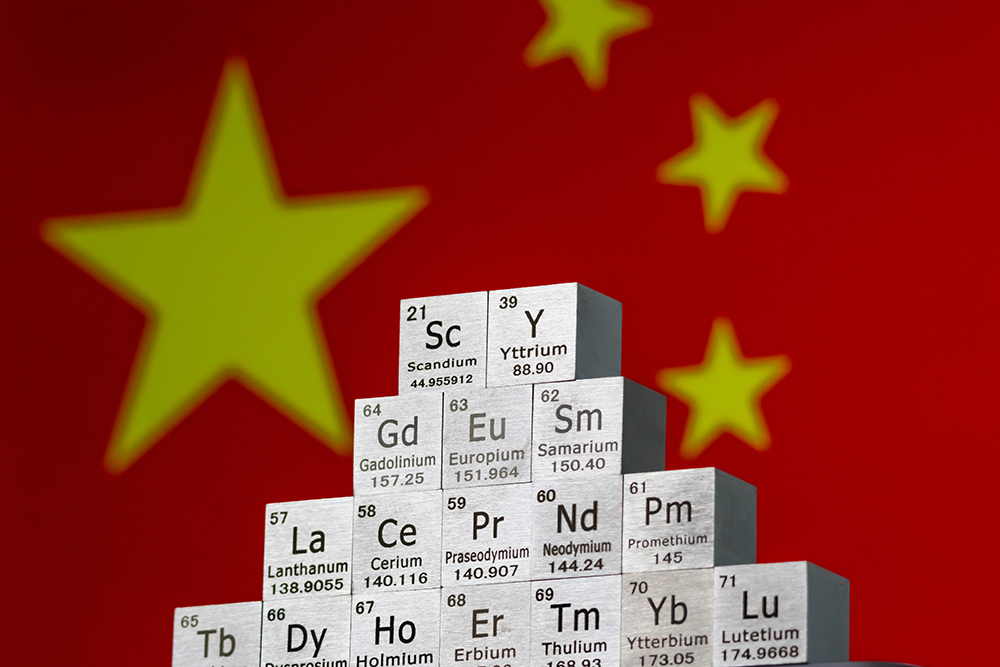Lai Wen’s captivating book about growing up in China and witnessing the horrific massacre in Tiananmen Square reads like a memoir. The protagonist’s name is Lai, and her description of her parents is utterly convincing — the pretty, bitter housewife mother, jealous of the opportunities her daughter has; the father permanently cowed after being briefly interned by the government decades earlier.
In a letter at the end, the author explains that her story is fiction — embellished fiction. So how much is true? We will never know. I find this slightly irksome. I so admire writers like Henry Marsh, Karl Ove Knausgaard and Rachel Cusk who are prepared to irritate with their honesty. It turns out that Lai Wen is a pseudonym — which suggests that the author fears repercussions from people she knows or the Chinese state. She has not lived in China for decades, but she does still have family there whom she visits.
The story is certainly absorbing. Lai, a shy, introverted girl, shares a small apartment with her parents, baby brother, and beloved, outspoken grandmother — who delights in shocking her conventional, social-climbing daughter, Lai’s mother, by belching and farting and interrogating the visitors. It is largely thanks to her grandmother’s love and encouragement that Lai comes to believe she is capable of achieving something. We learn about the local children with whom Lai plays, and how one of them, the steely, rational Gen, turns up at Beijing University after Lai wins a scholarship to study there.
All the usual stepping stones of childhood and adolescence are here and at university we see Lai make her first real friends as an adult. An ostentatious theater director named Anna co-opts Lai as her partner in crime, sometimes selfishly placing her friend’s future at risk. Is Anna just a hedonist? We’ll find out.
Disquiet among the undergraduates at the lack of democracy and free speech is stoked when a 10 pm curfew is announced, and the student body becomes increasingly politicized and audacious. The movement culminates in weeks of congregating in Tiananmen Square — and we know what happens next. Tiananmen Square is an utterly gripping book and a must for prize shortlists.
This article was originally published in The Spectator’s UK magazine. Subscribe to the World edition here.


























Leave a Reply